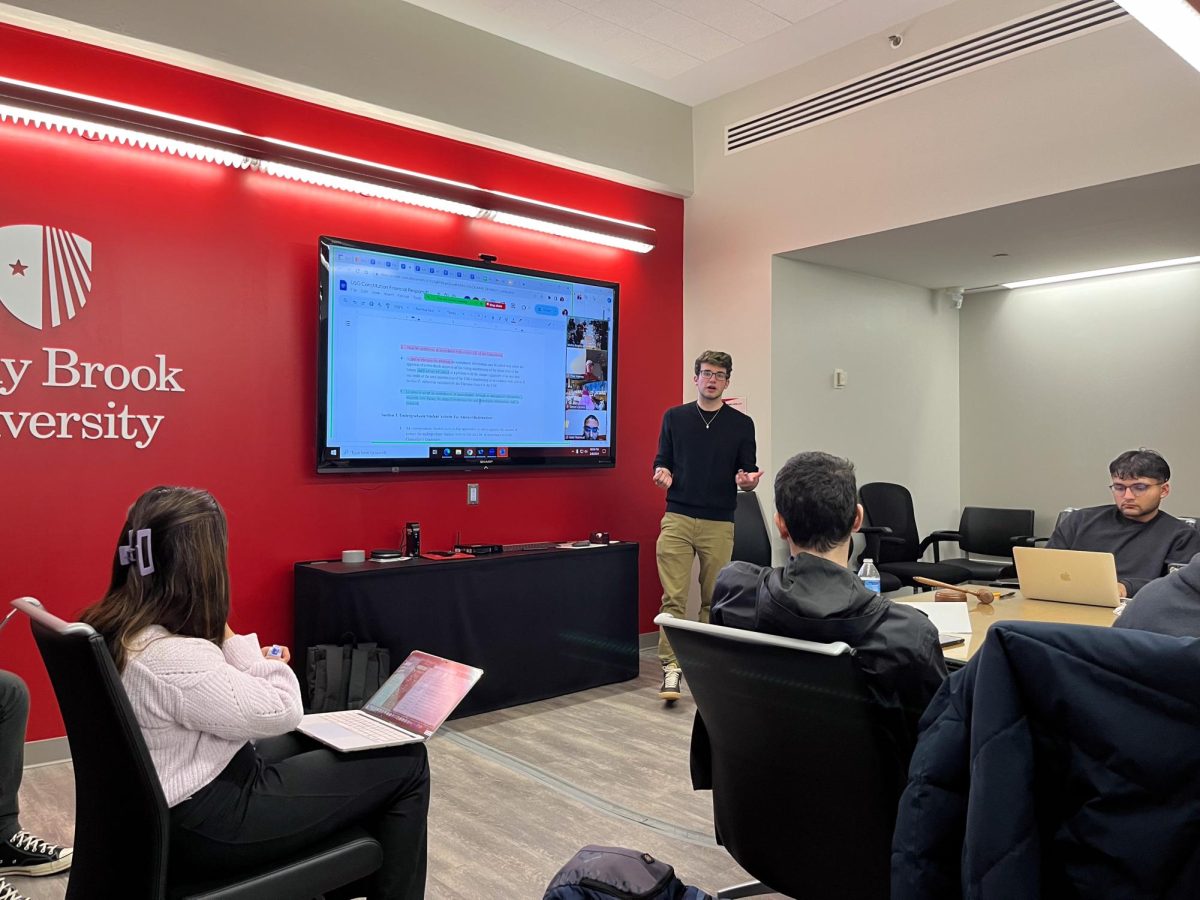Imagine abandoning your education to care for your parents or grandparents, who have become seriously ill. It’s the late nineteenth to early twentieth century. When those whom you’ve cared for die, you find you’ve been left out of the will—or that there simply isn’t one. How do you begin to recover your losses?
“Suing the family estate,” said Hendrik Hartog of Princeton University, may be your only option. On Thursday, Feb. 24, Hartog lectured his Wang Center audience about the legal realities of suing one’s own family for compensation in New Jersey circa 1860-1920.
It wasn’t easy to overcome the stigma of suing one’s parents. Representatives of family estates ridiculed sons and daughters who sued for compensation as “morally obtuse, crass contractors,” Hartog said. Wasn’t it a child’s duty to care for a frail elder? There were few ways to counter this moral objection; the most effective way was to provide “graphic descriptions of services rendered.”
In rare and amusing cases, lawyers described in vivid detail how a son or daughter had helped an elder care patient perform necessary bodily functions. The disgusted jury would conclude that no one, not even another family member, would aid a family member in such a way without expecting pay.
Before a verdict could be made, though, the claimant had to prove that he or she was not still a dependant.
Suits of compensation, Hartog said, hinged on the legal concept of “emancipation.” Unless the suing son or daughter was emancipated—legally independent—he or she would not get a dime. Since parents could “coerce children to stay and render services,” it was vital for litigants to show that they were no longer “children” in the eyes of the law.
This was, unfortunately, much harder to prove if one was a woman.
“Archaic understandings of patriarchal power” sustained gender bias in family law, Hartog said. “Young men who returned from the workforce were emancipated” because they had left the household. Young women who gave up marriage to care for sick relatives were often not emancipated because they stayed in their parents’ home.













